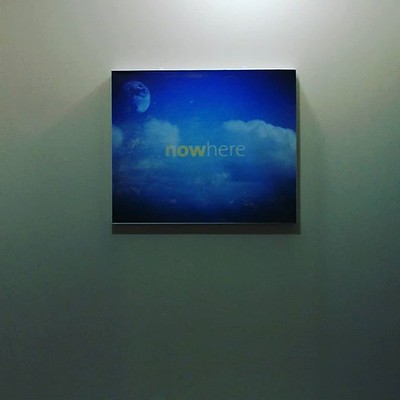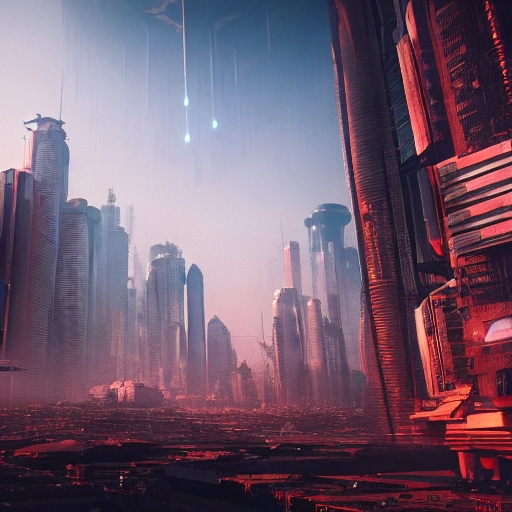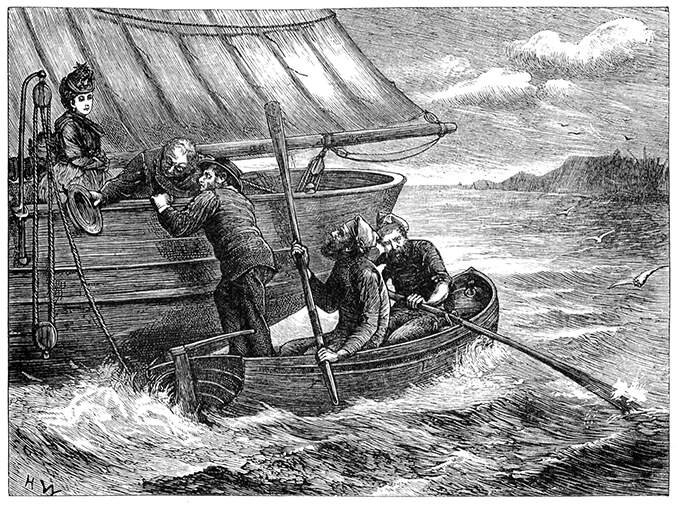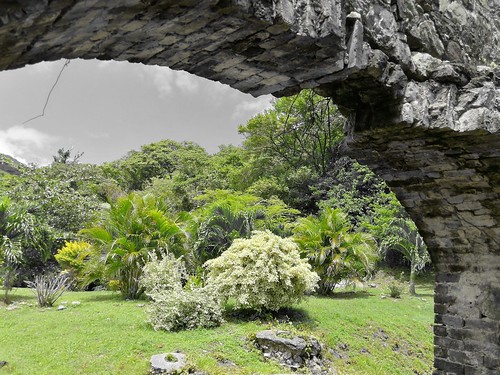I’ve been thinking a lot as the world has begun to intrude on my thoughts again, the pragmatisms of life and the never-ending bureaucracy run by idiots. For example, tomorrow I will go have to deal with a government office which, on paper, put houses on my land that weren’t there.
When bureaucracy gets that much imagination, we should worry – but really, it was not very creatively sweeping something under the rug that I was made aware of a decade ago, and did try to straighten out. That will likely be a post on KnowProSE.com soon enough.
We get wrapped up in these paper cuts that modern society gives us and we bleed, and some of us lose that strength to climb the ladder to look above the nonsense. There’s a lot of nonsense in modern society we put up with. One person has called it soft slavery, but I think of it as a soft indentureship.

…Soft slavery, on the other hand, is covert. It is neither apparent nor self-evident. Everything is hidden behind comfort, apathy, security, convenience, indifference, and the illusion of freedom. It’s not clear who the slave is. It’s not clear who the master is. And the power dynamic is obscured by an unhealthy hierarchy that leads to public confusion within a chain of obedience that’s based on fear and violence.
Statists, living in a world ruled by nation states and deceived by the illusion of freedom, are more akin to the house slave from the times of hard slavery than to free human beings. The house slave of today is the typical state citizen just going through the motions, unaware of their own slavery. So caught up are they in the “rules” and the “laws” of the land that they cannot see how desperate their situation really is. To the extent that they can see, cognitive dissonance kicks in to squash the uncomfortable feeling to keep their comforting worldview intact…
‘Overcoming Soft Slavery: Building Perspective Instead of Walls‘, Gary Z McGee, TheMindUnleashed.com, Feb 19th, 2018.
I choose indentureship, perhaps because I understand the distinction between slavery and indentureship. In slavery, they offer you no light at the end of the tunnel and have to pay for your ‘wellbeing’, whereas with indentureship they give you a light off in the distance that might be the end of the tunnel and you pay your own bills.

Even imagination becomes limited by these indentureships, because when there’s enough complexity there’s almost no way to see above it.
Some people find religion helps with that, and I take no issue with it. Marx is often misquoted as saying, “Religion is the opiate of the masses”, when in fact the full quote is much more interesting.
Religion is the sigh of the oppressed creature, the heart of a heartless world, and the soul of soulless conditions. It is the opium of the people.”
Marx, Karl. [1843] 1970. “Introduction.” A Contribution to the Critique of Hegel’s Philosophy of Right, translated by A. Jolin and J. O’Malley, edited by J. O’Malley. Cambridge University Press. – via Marxists.org.
I’m no Marxist by any stretch – communism is a failure in so many ways, but that failure is built of truths that it’s own philosophy despised. Communism ignores it’s flaws and comes to an unfortunate end. Socialism is the same thing, Capitalism, Democracy, Anarchy… the list is as complete as our renditions of ignoring the flaws of systems we create. I’m not saying democracy is a failure, but it’s the best we’ve gotten so far we think and we’re definitely seeing some flaws around the world.
One of the interesting things about all of these systems is that fundamentally, they are thought of because of flaws in the preceding systems. Marx thought life should be more fair, as an example, and what he laid out was a framework built around fixing that flaw and what he was willing to sacrifice to do so. Like every other system.
We don’t imagine systems because we’re stuck in them, and when we do dare imagine a new system it’s defined largely by the old system. The more complex the old system, the more flaws to deal with, and… we get a paralysis as the complex systems fail. We have invested so much into them we don’t want to see them fail, and yet we see it around the world how systems are failing.
Where a baby horse first begins walking we are amazed. It happens within hours. To live in modern society, it takes about 18 years maybe to start ‘walking’ for we in a civilized society, and even then there are those that don’t get it right and end up outside the boundaries of what is acceptable, or right, or just.

When we see good people on the wrong side of those boundaries in our every day lives, when we take off our societal blinders, we need to realize that maybe something is wrong. If we believe something is worth keeping, we should keep it. That’s how bees end up with influencing flowers. Over thousands of years, they have defined the flowers they visit.
Too often we get lost in the busy work of the bee and forget that we’re also defining the flowers of the future, themselves living things.
It’s hard to think of systems of government as flowers, isn’t it? We do need some core system, and maybe what we’re looking at just doesn’t fit that anymore.
Clearly, we’ve been focusing on the manure. The plant is grown, set, and ready for us to look beyond to what we really want to drag out of the future.
There was a time when we were not so caught up in ourselves and thought of the generations to come. Maybe it’s time to smell the roses.
Do I have answers? No. But I have a lot of questions.









 As I mentioned in
As I mentioned in 


